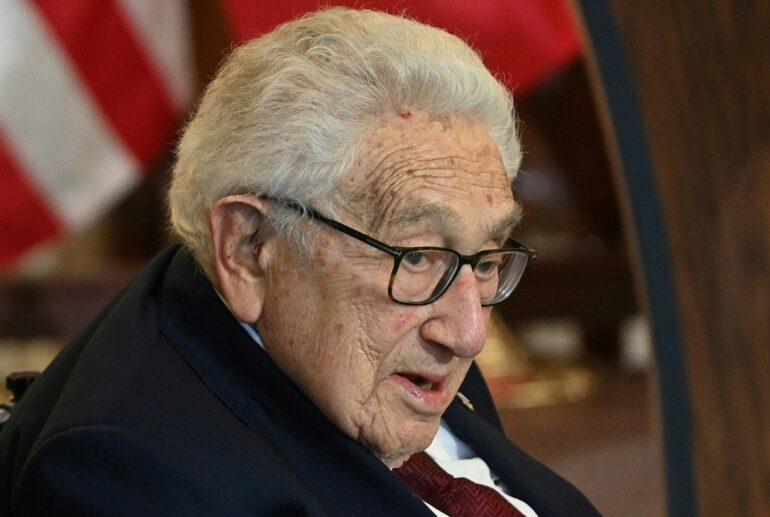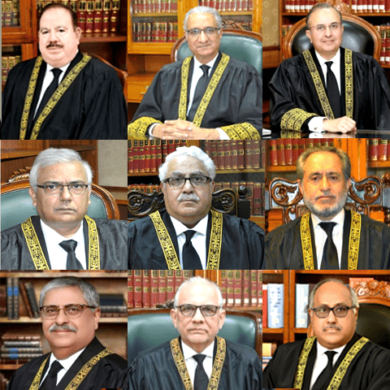Dr. Henry Kissinger, the former U.S. Secretary of State and influential statesman passed away on Wednesday at the age of 100.
The announcement was made by his consulting firm, Kissinger Associates.
A respected American scholar and statesman, Kissinger played a pivotal role in reshaping international relations, leaving an indelible mark on diplomatic history. Born to a Jewish family that fled Nazi Germany, Kissinger’s legacy includes his instrumental role in thawing Cold War tensions between the United States and China.
Among his most lasting legacies is the historic 1972 visit to China by President Richard Nixon, following Kissinger’s secret diplomatic efforts to engage with Beijing. This groundbreaking initiative led to the establishment of diplomatic relations between the U.S. and China, a relationship that has since evolved into a significant global dynamic.
Kissinger’s influence extended beyond the Nixon era; he served as Secretary of State and National Security Advisor under President Gerald Ford, a unique and unprecedented arrangement in American politics.
The Nobel Peace Prize laureate was recognized for his negotiation efforts to end the Vietnam War, even though the conflict did not immediately cease. Despite global controversy and criticism, Kissinger’s intellectual prowess and strategic thinking were acknowledged even by his adversaries.
However, Kissinger’s legacy is not without its share of controversy. His adherence to realpolitik, the pragmatic pursuit of national interests through power, drew criticism for its perceived ruthlessness. Declassified documents revealed his involvement in decisions such as supporting the overthrow of Chile’s elected president Salvador Allende and endorsing Indonesia’s actions in East Timor, with significant human rights consequences.
While Kissinger faced criticism for his realpolitik approach, he navigated various global crises, including the Yom Kippur War, demonstrating adept diplomacy. His thick glasses, distinctive voice, and academic background set him apart, making him an iconic figure in American diplomacy.
Henry Kissinger is survived by his wife, Nancy, of nearly 50 years, two children from a previous marriage, and five grandchildren. The family plans a private funeral, with a memorial service scheduled in New York, a city he called home after fleeing Nazi Germany.
Kissinger’s impact on global affairs, both celebrated and contested, leaves an enduring legacy that will continue to shape discussions on diplomacy and power.



